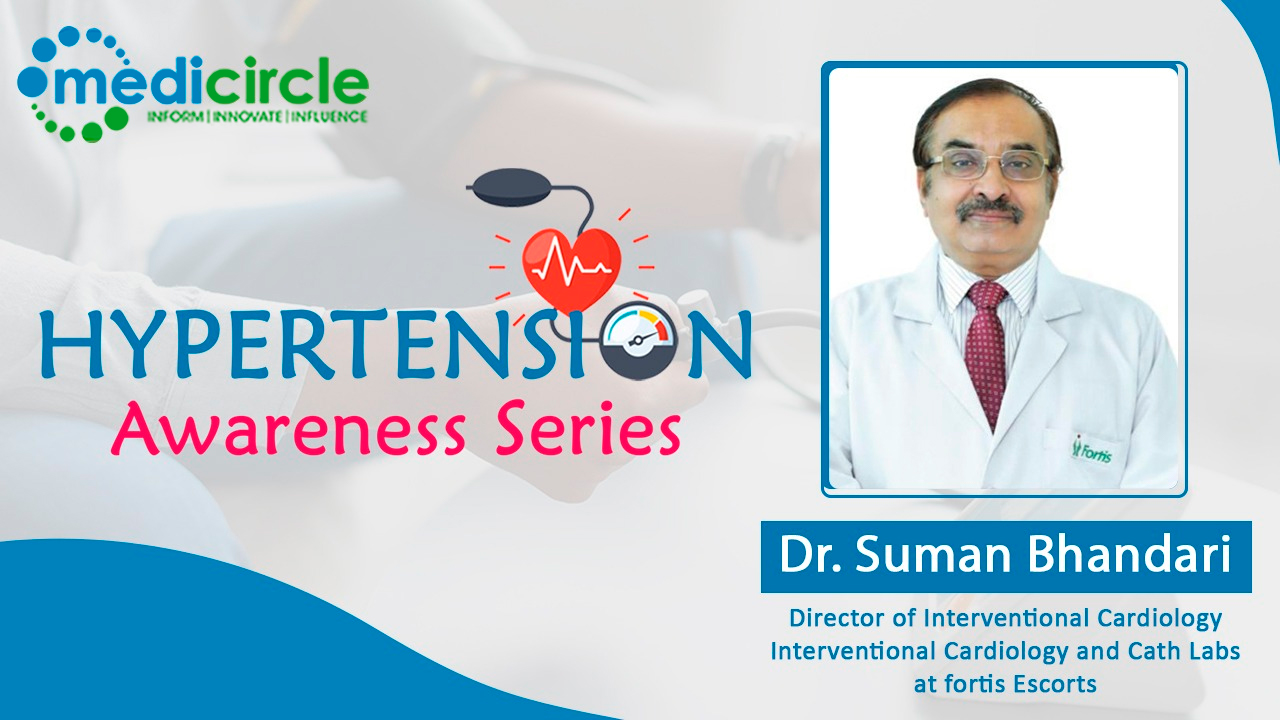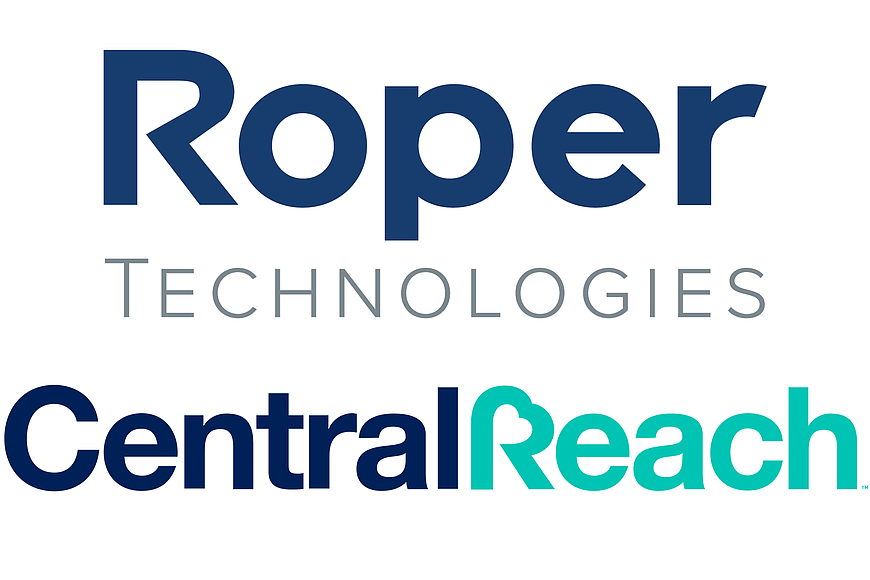Dr. Suman Bhandari is a Director in the department of interventional cardiology and Cath labs at Fortis Escorts heart institute since its inception in 1988. He is currently the president of the cardiological society of India (CSI), Delhi and also the vice president of CSI, India. He conducts timely educational programs for physicians and cardiologists including the “Best Cardiovascular Practices” involving key opinion leaders from Japan, Europe, USA and Asia. Dr. Bhandari is known for his humane and compassionate nature and excels in keeping the patient first and remaining on top in his field.
When does Hypertension occur?
Dr Bhandari begins, “Hypertension is a silent disease which can be detected by measuring the blood pressure using the cuff device. Whenever the patient comes for anything, we check their pulse. Blood pressure is the basic investigation we do for every patient. If the reading is higher than 140/90mmHg, then it is labelled as Blood Pressure in people beyond 18 years. In people younger than 18 blood pressure is less. If the number remains high in multiple readings then that is labelled as Hypertension.”
Causes of Hypertension
Dr Bhandari says, “Whenever someone has blood pressure we try to evaluate its causes. In 80 to 90% of the cases, we cannot find treatable causes. Some treatable causes are narrowing of the arteries in the kidney, kidney disease, stones or infections, tumours that secrete from the adrenal glands and pheochromocytoma. Most causes are genetic and hereditary related. If both your parents have this, then your muscles of the blood vessels stay constricted.”
“By the age of 30-40 it starts happening and as you grow older the chances increase. This is because, during that age, the arteries aren’t as flexible. So they cannot expand and contract that easily. Their rigid nature causes blood pressure. In the elderly systolic or upper blood pressure is more common. They face less of the lower blood pressure. The causes are often due to unknown etiology and secondary causes like tumours, kidney problems and more.”
Does Hypertension affect Kidney Failure?
Dr Bhandari explains, “High blood pressure puts strain on all the blood vessels that connect to the heart, brain, legs and other important organs. The more pressure there is the higher the disposition of fats, shear stress and breakdown of arteries. High blood pressure affects kidney’s glomeruli and parenchyma.”
“Secondly, kidneys too can cause blood pressure. If the kidney arteries are weak or there is a medical cortical disease where the parenchyma or architecture is damaged due to age or infection, then it causes blood pressure. Kidneys can cause blood pressure and blood pressure can cause kidney problems. Atherosclerosis or blockages get aggravated due to high blood pressure it not treated.”
Does Hypertension affect Stroke?
Dr. Bhandari mentions, “With high blood pressure, the vessels to the brain get affected. The instances of blockages and stress increase. Many times, this leads to bleeding in the brain. In 20-30% of the cases, in the vessel walls (atheroma) there is clotting known as thrombosis. A brain stroke can either be bleeding or clotting in the arteries. In uncontrolled hypertension, bleeding is quite common.”
“In long-term studies, if you lessen 5 to 10mm, then you reduce the incidence of stroke by 20 to 30%. With small changes in blood pressure, there is better protection against stroke.
Ways to Control Hypertension
Dr. Bhandari advises, “If we look largely in terms of India and the world, the intake of salt should be reduced. Don’t exceed the intake by 4 to 5 grams a day. Individuals should strive to eat more green vegetables, fruits, and 500 grams of milk and milk products. Follow a Mediterranean diet as it is good for patients with blood pressure. Along with the correct diet, engage in exercise and keep an optimal weight. Being overweight will increase your chances of blood pressure and diabetes.”
“If this is not possible then start on the initial drug treatment. This includes beta-blockers, calcium blockers and more. The medicine depends on the age and the reading. Many times, patients require more than one drug. If your blood pressure is more than 150/100mmHg, then we suggest multiple drugs. This is because taking a large dose of 1 type of drug can result in side effects. A combination of drugs known as a polypill is administered.”
Best Medicines for Hypertension
Dr. Bhandari adds, “The medicine depends on the patient subset. For the young calcium blocker and for the old there are beta-blockers. For the very young who suffer from anxiety, beta-blockers are very useful. More than 1 drug is many times needed. We label the process as Step Care - first start with lifestyle modifications then you add the other layers.”
Edited By: Priyal Shah
Contributed By: Dr. Suman Bhandari, Director of Interventional Cardiology, Cardiology and Interventional Cardiology Clinic.

 With the current lifestyle, many are facing the problem of Hypertension or High Blood Pressure. Learn the ways to prevent this disease and control it.
With the current lifestyle, many are facing the problem of Hypertension or High Blood Pressure. Learn the ways to prevent this disease and control it.






.jpeg)


.jpg)









.jpeg)





.jpg)




.png)



